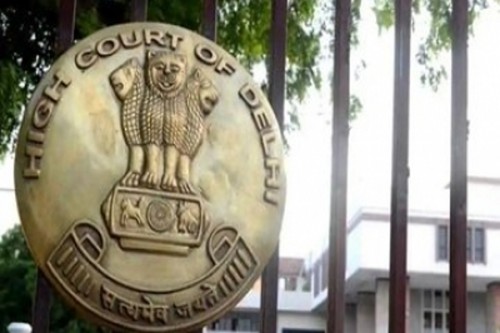Delhi HC upholds Centre's notification bringing all medical devices under 'drug' definition

New Delhi, Sep 5 (IANS) The Delhi High Court has upheld the validity of a 2020 notification issued by the Union Ministry of Health and Family Welfare (MHFW), which categorises all medical devices intended for use on humans or animals as drugs under the Drugs and Cosmetics Act, 1940.
The division bench, consisting of Justices Rajiv Shakdher and Tara Vitasta Ganju, was hearing two petitions filed by the Surgical Manufacturers and Traders Association, challenging the 2020 notification and a 2018 notification that brought specific medical devices under the definition of drug.
The bench found no fault with the government's decision to classify medical devices as drugs, considering it a policy matter.
The court noted that the move was made to align with international regulatory standards and enhance patient safety.
“As long as MHFW has the power to do so, no fault can be found with the 1st 2020 Notification whereby all medical devices were brought within the purview of the expression 'drug'. MHFW’s reasons are manifold, which include the desire to align itself with the international regulatory regime and to further the interest of the patients,” the court said.
It stressed that errors, if any, in the policy could not be overturned through judicial review unless there was a clear violation of fundamental rights, such as Articles 14 and 21 of the Indian Constitution.
The court pointed out that prior to these notifications, the Union Government had issued various notifications classifying fifteen categories of medical devices as drugs, demonstrating a tried and tested approach.
Additionally, the bench said that the expression "such devices" under Section 3(b)(iv) of the Drugs and Cosmetics Act must be interpreted in conjunction with the part of the statute that allows the Central Government to specify devices through official notifications after consulting the Drugs and Technical Advisory Board.
The court noted that the Union Ministry had formed an expert committee in 2019 to include non-notified medical devices under regulatory oversight and that the committee engaged with various stakeholders.
In conclusion, the court found no need to interfere with the impugned notifications, stating that they do not violate Article 14 or 21 of the Constitution.
The court said that there was no manifest arbitrariness or unreasonableness in the policy shift to bring all medical devices under a regulatory regime.
“In our view, MHFW has granted sufficient time to manufacturers, importers, sellers and distributors sufficient time to transition to a regulatory regime. The 2nd 2020 Notification was necessitated, as with the issuance of the 1st 2020 Notification, the provisions of the 1940 Act would have straightaway become applicable for all manufacturers unless exemption was granted to enable the applicants to transition to the amended regime,” the bench said.

|

|

